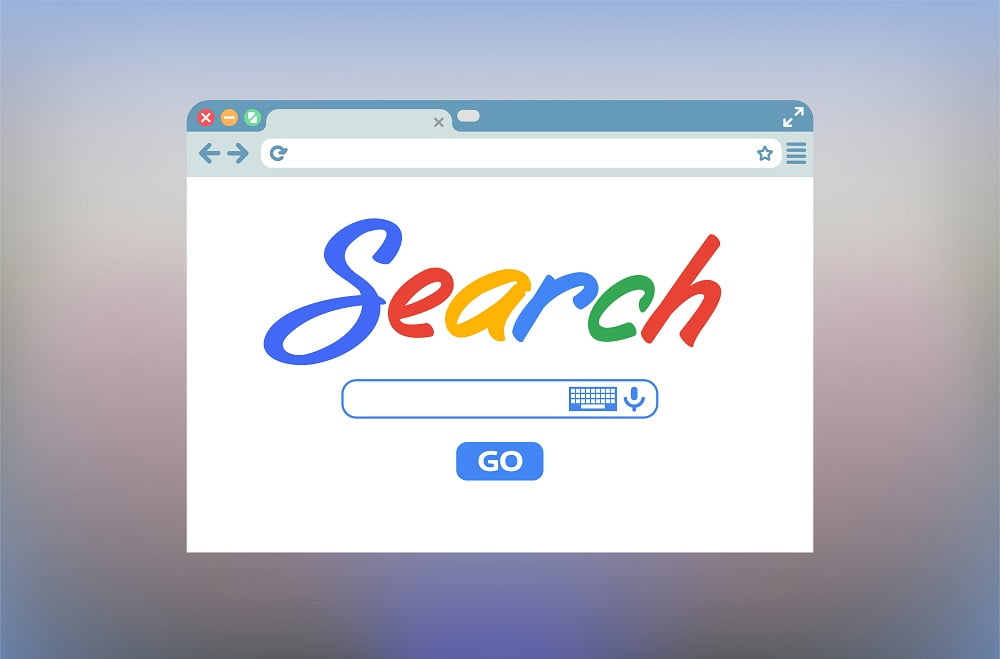The Basic Attention Token has been a rather interesting creation, to say the least. It serves as a way to reward content creators and enjoy a browser experience without ads. However, unlike what most people think, BAT is not technically limited to the Brave browser. That is still the case for now, but the team has some ambitious plans in this regard which many people have glossed over.
Basic Attention Token and Other Browsers
It is evident the Basic Attention Token – also known as BAT – could be quite successful in the long run. When it was first announced earlier this year, people immediately saw the merit of this token and how it may change the way people browse the internet. A portion of all created tokens are placed in a “user growth pool”, which is designed to help drive further adoption. However, this initiative is not limited to just the Brave browser, which is the Basic Attention Token’s native platform right now.
More specifically, the BAT team has always envisioned cross-browser adoption of their token. That’s rather ambitious, as there is no guarantee that any major browser will integrate this token natively. If it were limited to the Brave browser itself, users would need to get rid of their favorite browser in favor of a completely new solution, which is not something most consumers will explore anytime soon. “Browser loyalty” isn’t a real thing these days, but it still takes a lot of effort to sway people in this regard.
As part of the aforementioned user growth pool, anyone who downloads and installs the Brave browser is automatically awarded up to five tokens. The token price at the time determines the number of tokens granted, but it is a good incentive regardless. With these tokens, users not only are exposed to the ecosystem, but they will also explore how every BAT can be used to create a better browsing experience.
For example, one could spend BAT tokens to access premium content from publishers, donate to publishers for an ad-free experience, or even receive tokens to download new software or tools. There are a lot of opportunities waiting to be explored, but they will heavily depend on whether or not any other browser decides to integrate this token in the future. Right now, that still seems rather unlikely, but things are always subject to change in the world of technology.
Building the BAT platform on top of the Brave browser is one thing, but incorporating it into other solutions is something else entirely. It is up to third-party developers to create extensions for other browsers. Considering that Google is removing extension support for non-Chrome OS users, it seems unlikely BAT will come to Google Chrome anytime soon. Another option is potentially incorporating BAT into Telegram, WeChat, or other messaging applications. Again, this will all depend on whether or not third-party developers take the time and effort to integrate BAT in any official capacity.

